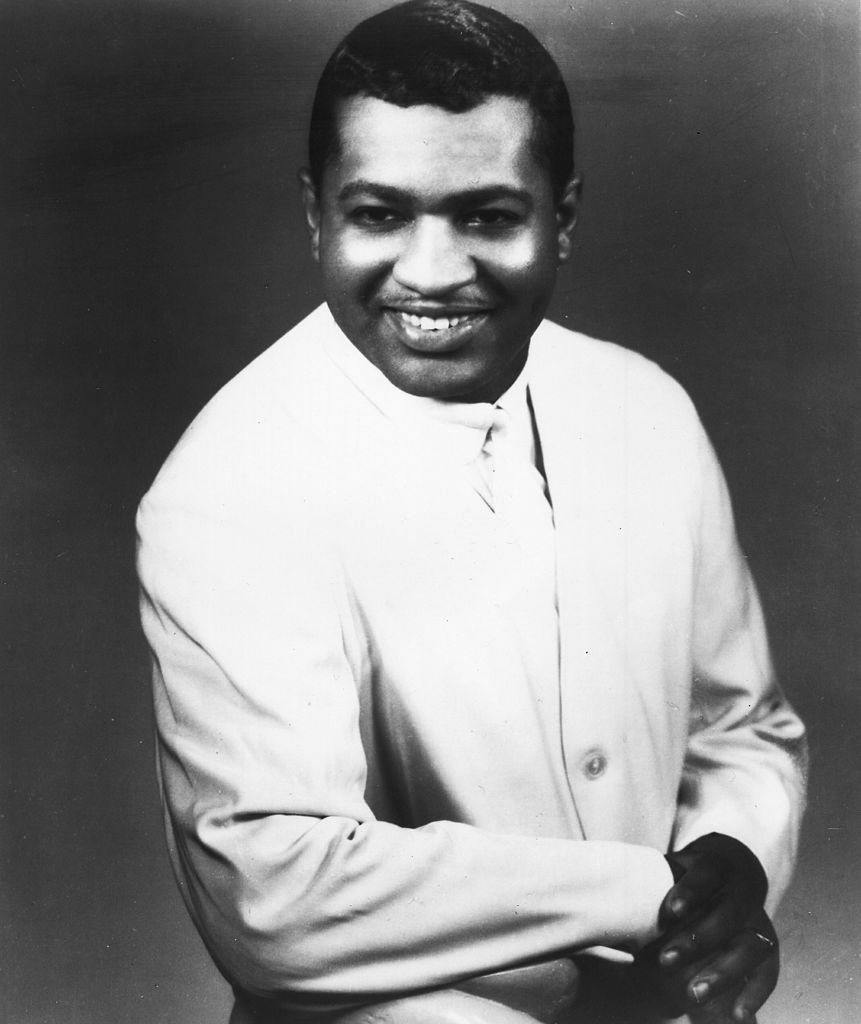
The mournful ballad of a lost love that became a vibrant, high-octane anthem.
There is a sound, for a certain generation, that is more than just music; it is the echo of a time and a place. It’s the insistent 4/4 rhythm of a drum machine, the soaring crescendo of a horn section, and a voice—raw, impassioned, and utterly heartbreaking—reaching for a love that has slipped away. That sound is Northern Soul, and in the pantheon of its most revered, most transformative anthems, few shine as brightly as J.J. Barnes‘s “Sweet Sherry”. It’s a song that didn’t just climb the charts; it defined a subculture, serving as the soulful elixir that fueled all-night dance sessions and etched itself into the memories of a community.
Originally released in 1969, “Sweet Sherry” was, in a twist of fate, never intended to be a single. It was first made available to the public on the Volt Records compilation album, “Rare Stamps Vol. 1”. For a time, it existed in the shadows, an album track waiting to be discovered. It never registered on the mainstream U.S. Billboard charts, and in an era where an artist’s success was measured by that very metric, its commercial performance was, by traditional standards, nonexistent. Yet, across the Atlantic, in the dimly lit, smoke-filled dance halls of Northern England, it found a life far grander than any fleeting chart position could offer. The DJs and record collectors of the burgeoning Northern Soul scene, forever on a quest for the rarest, most danceable records from obscure American labels, unearthed this gem and unleashed it upon the dance floor. It wasn’t a hit in the conventional sense; it was a phenomenon, a “monster” anthem in the parlance of the scene, its rarity and power making it a prized possession for any true soul fan.
The song’s meaning is etched in the melancholic ache of its lyrics. It’s a narrative of heartbreak, of a man pleading for his lover’s return, promising to change if only she’ll give him one more chance. The “sweet sherry” in the title isn’t a person, but a reference to the comfort and oblivion that can be found in a glass of wine when love has gone sour. It is a deeply personal, intimate story, yet J.J. Barnes imbues it with a universal despair that resonates with anyone who has ever felt the sting of a goodbye. His vocal performance is a masterclass in emotional delivery—he doesn’t just sing the words, he feels them, his voice raw with vulnerability and a palpable longing that tears at the heart.
What makes “Sweet Sherry” a particularly powerful piece of music is the beautiful dissonance between its sorrowful message and its propulsive, electrifying arrangement. The song’s intro is pure, unadulterated Detroit soul, with a powerful bassline and syncopated beat. Then, the horns blast in, a magnificent brass flourish that feels less like a mournful sigh and more like a call to action. It’s this unique blend—the sorrowful lyrics carried on the wings of an incredibly uplifting, dance-ready production—that made it so perfect for the Northern Soul scene. The dancers, fueled by amphetamines and a shared passion, could exorcise their own personal heartaches on the dance floor, spinning and leaping to a song that understood their pain but refused to let them sit and wallow in it.
The legacy of “Sweet Sherry” is not about a number on a chart or a forgotten single; it’s about its role as a cultural touchstone. It represents the very essence of Northern Soul: the idea that the most powerful music is often found on the B-side of a forgotten 45, the spiritual communion of a community, and the paradoxical joy found in dancing to music about profound sadness. For those who were there, who heard it echoing through the vaulted ceilings of the Wigan Casino or the Torch, it is not just a song—it is a memory, a feeling, and the very definition of a soul classic that earned its legendary status one spin, one all-nighter, and one ecstatic dance at a time.